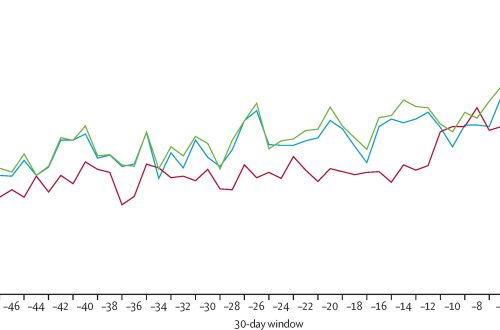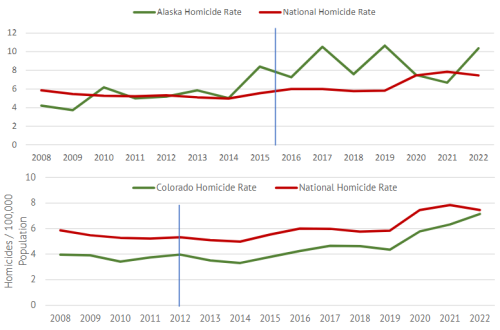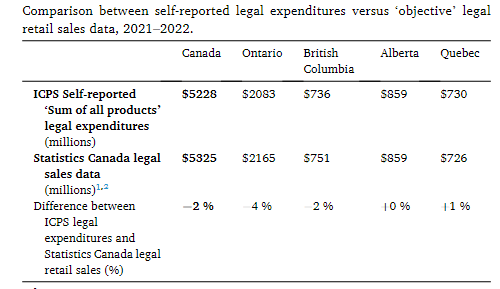Pubdate: Tue, 15 Jun 2010
Source: New York Times (NY)
Page: A20
Webpage: http://www.nytimes.com/2010/06/15/us/15scotus.html
Copyright: 2010 The New York Times Company
Contact: [email protected]
Website: http://www.nytimes.com/
Details: http://www.mapinc.org/media/298
Author: Adam Liptak
Referenced: the Supreme Court decision
http://www.supremecourt.gov/opinions/09pdf/09-60.pdf
Bookmark: http://www.mapinc.org/topic/deportation
JUSTICES EASE DEPORTATION RULE IN MINOR DRUG CASES
WASHINGTON — Immigrants who are legally in the United States need
not be automatically deported for minor drug offenses, the Supreme
Court ruled Monday in a unanimous decision.
Lower courts had said that Jose Angel Carachuri-Rosendo, a permanent
resident of the United States who had lived here since 1983, when he
was 5, was subject to mandatory deportation for a second drug
offense, this one involving possession of single tablet of a prescription drug.
The question in the case was whether that second offense amounted to
an “aggravated felony.” If it did, the government had no choice but
to deport him under the immigration laws. If it did not, the attorney
general had the discretion to show leniency.
In 2004, Mr. Carachuri-Rosendo was sentenced by a Texas state court
judge to 20 days in jail for possession of less than two ounces of
marijuana. The next year, he was sentenced to 10 days in jail for
having a single tablet of Xanax, an anti-anxiety drug, without a prescription.
Those were both misdemeanors under state law. But federal authorities
argued that a second drug offense counted as an aggravated felony
under federal law, making Mr. Carachuri-Rosendo ineligible for
discretionary relief from deportation.
Justice John Paul Stevens, writing for seven justices, said the
interactions of the various state and federal laws in the case
required analysis of a “maze of statutory cross-references” and a
2006 decision, Lopez v. Gonzales, that rooted the definition of
“aggravated felony” in federal law even when state offenses were involved.
At bottom, Justice Stevens wrote, “a 10-day sentence for the
unauthorized possession of a trivial amount of a prescription drug”
is at odds with the ordinary meaning of “aggravated felony,” even if
federal prosecutors could, in theory, have sought a two-year sentence
in federal court for the second drug offense.
“Carachuri-Rosendo, and others in his position, may now seek
cancellation of removal and thereby avoid the harsh consequence of
mandatory removal,” Justice Stevens wrote. But “any relief he may
obtain depends upon the discretion of the attorney general.”
Justices Antonin Scalia and Clarence Thomas, in separate
concurrences, voted with the majority but declined to adopt its
reasoning in the case, Carachuri-Rosendo v. Holder, No. 09-60.
[snip]



